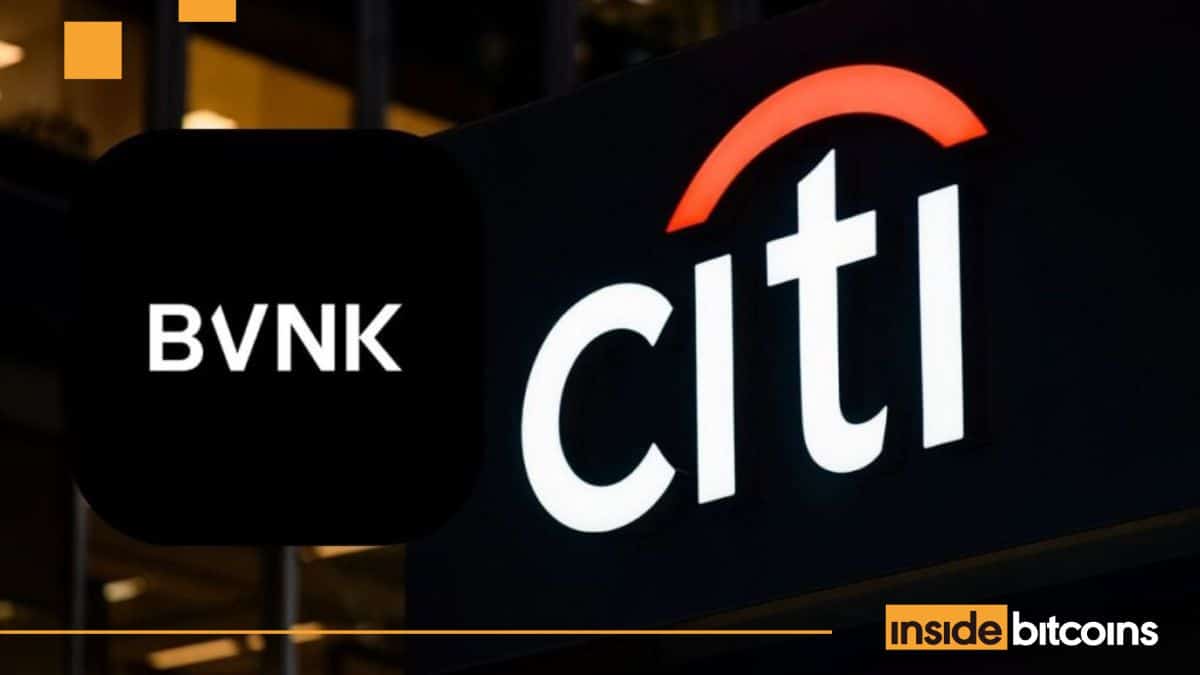In the world of Defi, scams are unfortunately all too common. This article looks at popular Defi scams, how they operate, and how to protect yourself.
We’ll also provide tips on what to do if somebody scammed you and how to report a scammer. Finally, we’ll discuss the implications of DeFi scamming and present examples of successful prosecutions.
What Are DeFi Scams, and How Do They Work?
Decentralized Finance (DeFi) is a term that has gained enormous popularity over the years. DeFi is the shift from centralized financial systems to peer-to-peer finance enabled by decentralized technologies built on the Ethereum blockchain.
DeFi promises a more equal and accessible financial system, but it’s still largely unregulated. Lack of regulation has made DeFi a haven for fraudsters, who have plundered millions from unwary consumers.
We can summarize a typical scam in three steps:
- The scammer creates a fake project or impersonates an existing one.
- The scammer promotes the fake project or impersonates the existing one to generate interest and attract users.
- The scammer exits the scam, leaving users with worthless tokens or no access to their funds.
The Most Common Types of DeFi Scams
There are many types of scams in the DeFi sector, but some are more common than others. Let us look into a few of this industry’s most frequent criminal schemes.
Phishing scams
DeFi is not immune to phishing scams. Due to the intricacy of several DeFi protocols, fraudsters have managed to successful target newcomers.
The most common type of phishing scam in the DeFi space is impersonation. This is when a scammer creates a fake website or social media account that looks identical to a legitimate one.
They will then use this fake account to try and trick users into sending them money or personal information. Another common type of DeFi scam is the Ponzi scheme. Instead of investing the money, the fraudster pays out previous investors.
This scam is widespread in the DeFi space, as there are often high returns from investing in new protocols.
Scams Involving Fake or Stolen Identities
One of the most common scams in the Defi space is identity theft. Someone uses your personal information to register a new account or access an existing one.
They may also use your information to apply for credit cards or loans or to make purchases in your name.
Another way that identity theft can occur is when someone steals your private key or recovery phrase. This gives them access to your accounts and allows them to make changes or send funds without your permission.
Pump and Dump Schemes
If you are not new to the field of financial investments, then you must have probably heard about pump-and-dump schemes.
A group conspires to acquire a cryptocurrency at the same moment to drive up its price. Afterward, it sells it when at the peak price after promising a group of traders that this would not happen.
Pumpers make a profit, whereas dumpers lose. Sadly, it’s as simple as that. Pump and dump schemes are not new and have been around for quite some time. They are so common that the U.S. Securities and Exchange Commission has issued an investor alert about them.
Forgery and Counterfeiting of Digital Assets
Unfortunately, not every project in the DeFi world is legitimate and original. Forgery and counterfeiting are rampant, with scammers selling digital assets that don’t exist or aim to look like something else.
This scam generally happens when someone creates a website or social media account that looks identical to a legitimate project. However, the page has slight changes that allow the scammer to redirect funds to their wallet.
For example, a scam on Twitter happened when someone created a fake version of the popular Defi project Uniswap. The account looked identical to the official one, except that it had one letter changed in the URL.
This small change allowed the scammer to siphon over $150,000 worth of Ether (ETH) from unsuspecting users.
Fraudulent Activities Associated with Initial Coin Offerings (ICOs)
Last but not least, ICOs tend to have an association with fraudulent activities. In an ICO, a company offers digital tokens for investors’ fiat currency or cryptocurrency. However, many ICOs are scams, with companies using the funds raised to enrich themselves instead of developing the project.
A severe fraud associated with ICOs is when the team behind the project absconds with the funds. This type of fraud is, technically, an “exit scam.”
In an exit scam, the team often creates a fake project website and whitepaper, promising huge returns to investors. They will then raise money from unsuspecting investors and make off the cash, leaving investors high and dry.
How to Protect Yourself from DeFi Scams
At this point, you will probably be wondering how you can protect yourself from falling into one of these scams. Below are a few tips.
- Do your research: This is the most important thing you can do. When you are looking at a project, make sure to read up on it as much as possible. Look at the team’s backgrounds and the project’s roadmap, and try to find as much information as possible.
- Don’t invest more than you can afford to lose: This general rule applies to all investments, but it is essential in the DeFi space. These projects are still very new, and there is a lot of uncertainty surrounding them. As such, you should only invest an amount you are comfortable losing.
- Beware of social media scams: Social media is a great way to stay up-to-date on all the latest news in the crypto world. However, it is also an excellent way for scammers to reach many people. Be careful about the links you click on and the information you trust.
- Look for projects with KYC and audit certifications: If a project has undergone a KYC (know-your-customer) or audit process, it passed a vetting procedure. This adds an extra security layer and gives you peace of mind. SolidProof, PeckShield, Hacken, and Solidity Finance are popular companies taking care of this aspect.
What to Do If Somebody Scammed You
If you think someone scammed you, there are a few things you can do:
- First, try to resolve the issue with the person or company you believe scammed you. This may be difficult, but it’s always worth a shot.
- Contact your local consumer protection agency if you can’t resolve the issue.
- You can also file a complaint with the Federal Trade Commission (FTC) or the Better Business Bureau (BBB).
- Finally, you can contact a lawyer to discuss your legal options.
How to Report a DeFi Scam
If you think you’ve been the victim of a DeFi scam, consider taking a few actions to report the criminals.
First, report it to the project team or protocol developers if possible. They may help you recover your lost funds or take action to prevent others from being scammed in the future.
You can also report the scam to a crypto exchange or wallet provider. Obviously, this is applicable if you used any of these channels to access the DeFi project. Many of them have fraud departments that can help you get your money back or prevent future scams.
Finally, you can report the scam to law enforcement. This is often a long shot, but it’s worth doing if you’ve lost a significant amount of money.
The Consequences of DeFi Scamming
Besides losing your money, scamming in the DeFi sector has several adverse effects on the industry. For instance, it undermines the trust in decentralized finance protocols and gives scammers free marketing.
When a user falls into a scam, it’s not only the investor who loses money. The whole DeFi industry is negatively affected by it.
Scammed users will likely be more cautious in the future, leading to a decrease in trust in decentralized finance protocols. Using popular DeFi protocols and services, they can reach a larger audience and scam more people. In addition, it gives scammers free marketing.
Examples of Successful DeFi Scam Prosecutions
In recent years, there have been several successful DeFi scam prosecutions. Here are some notable examples:
In 2019, the US Securities and Exchange Commission (SEC) charged a company called EtherDelta with operating an unregistered securities exchange. The Ethereum blockchain-based decentralized exchange EtherDelta enables users to swap ETH and ERC20 tokens.
The SEC alleged that EtherDelta’s founder had illegally profited from the exchange by operating it as an unregistered broker-dealer. Coburn agreed to pay $300,000 in penalties and disgorge nearly $13 million in ill-gotten gains.
In 2020, the CFTC accused My Big Coin Pay, Inc. of running a fraudulent virtual currency operation.
My Big Coin Pay promised investors they could use virtual currency to buy and sell goods and services. However, the CFTC alleged that the company used investor funds to pay for personal expenses, including travel and luxury goods.
The CFTC ordered My Big Coin Pay to pay $6 million and disgorge nearly $360,000 in ill-gotten gains.
These are just a few examples of the many successful DeFi scam prosecutions that have taken place in recent years. These cases show that law enforcement is taking action against DeFi scams. If you have been a victim of a DeFi scam, you should contact a lawyer to discuss your legal options.
The Importance of Verifying Senders and Receivers Before Transferring Funds
One last thing you should consider before transferring funds is verifying both the sender’s and receiver’s addresses. Too many people have fallen victim to scams because they didn’t confirm the address before sending funds.
If you’re not sure how to verify an address, here are a few tips:
- Check if the address is valid on Ethereum’s leading network. You can do this by pasting the address into a block explorer like EtherScan.
- Make sure the address has a balance. If it doesn’t, that could be a sign that it’s not a valid address.
- If you’re sending funds to an exchange, check if the exchange has a page on EtherScan. If it does, compare the addresses to make sure they match.
These are just a few of the many ways you can verify an address. By taking these extra steps, you can help protect yourself from scams.
Bottom Line — Protecting Yourself from DeFi Scams Takes Education and Awareness
The best way to protect yourself from DeFi scams is to educate yourself and stay aware of the latest scams. Understanding how these scams work can help protect yourself and your hard-earned money.
Contact a lawyer to discuss your options if you think you may have been a victim of a DeFi scam. There were cases in which the legal authorities managed to get the victims their money back.















